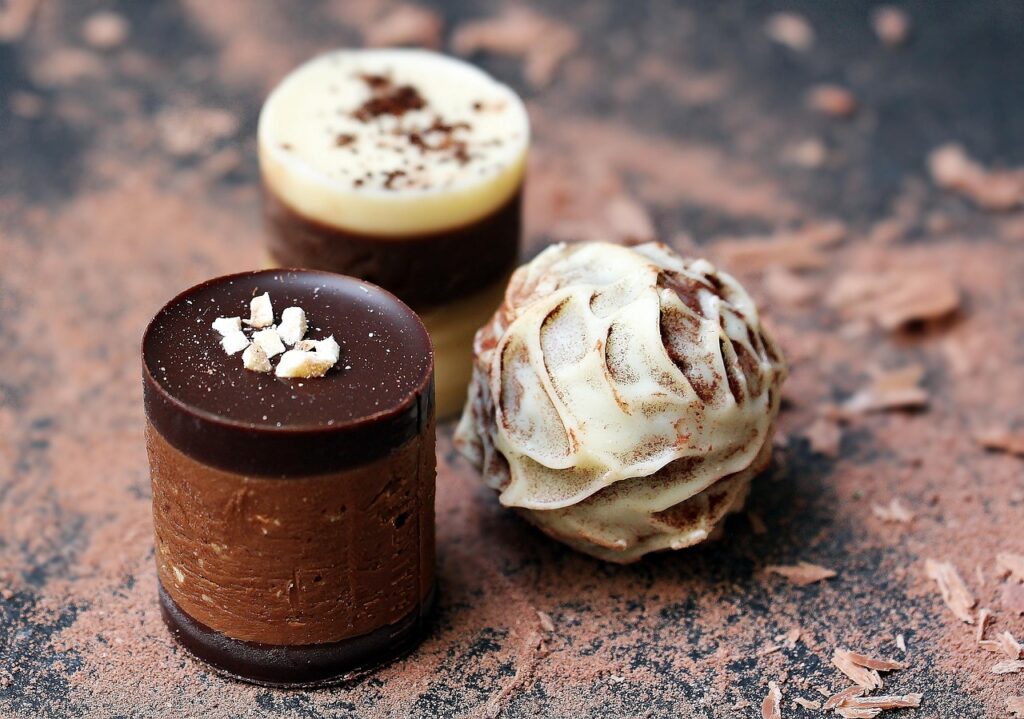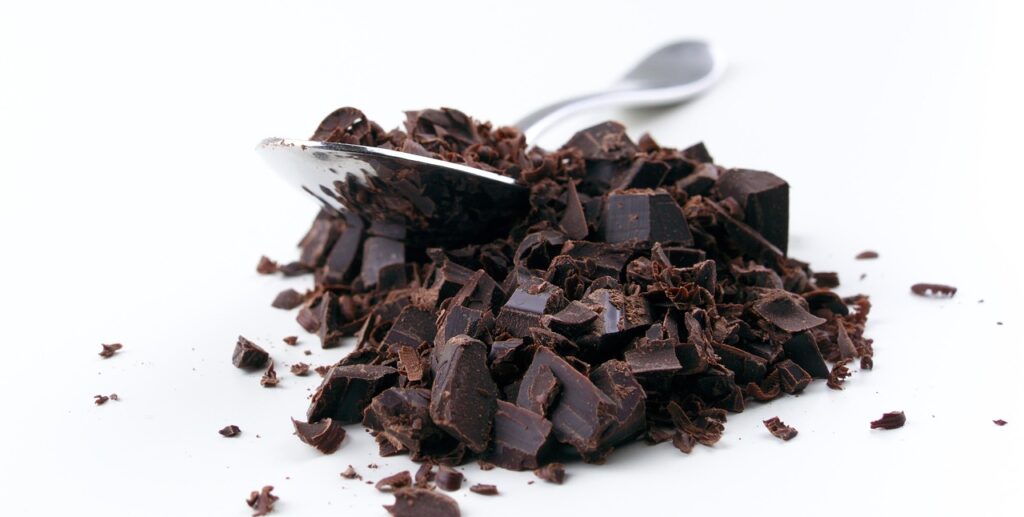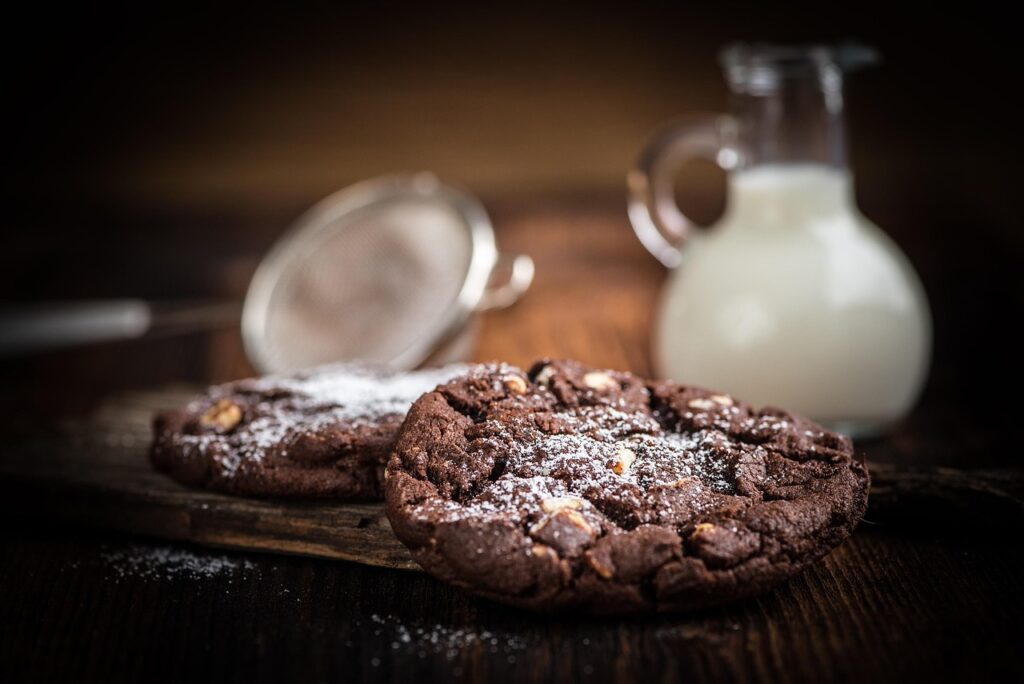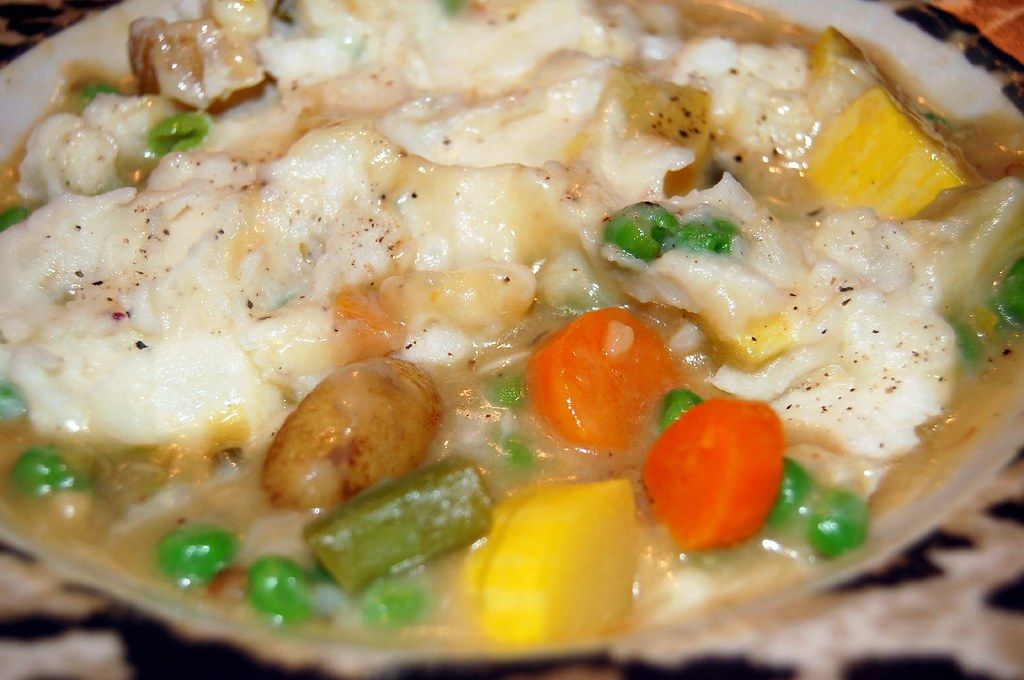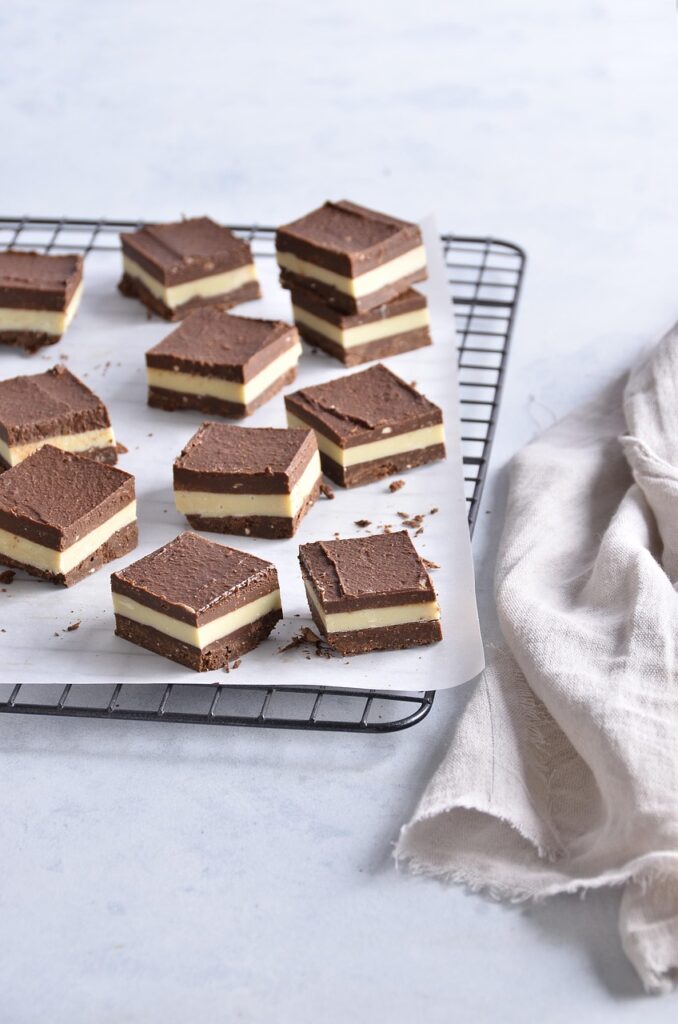
Imagine biting into a chocolate bar that not only melts in your mouth but also melts away your guilt. Sounds like a dream, right? Well, welcome to the world of clean and ethical chocolate options—where every square tells a story of fair wages, sustainable farming, and pure, unadulterated flavor. In an industry worth over $100 billion, it’s a sobering truth that the average cocoa farmer in West Africa, where the majority of cocoa is grown, lives on less than $1 a day. This stark reality, coupled with the tragic statistic that over 2 million children are estimated to work in hazardous conditions on cocoa farms in Ghana and Ivory Coast alone, underscores the urgent need for a conscious shift in our chocolate consumption habits. Choosing the right chocolate can, indeed, help change that narrative.
We, the tasting team at Chocolate Brands™, have spent countless hours unwrapping, snapping, and savoring chocolate, not just for its exquisite taste but for the integrity behind every bar. The journey of chocolate, from a sacred Mesoamerican beverage to a global treat, has been marred by exploitation. However, a new chapter is being written, one driven by a powerful idea: that the people who cultivate the magical beans deserve a fair price for their labor. This ethical movement, gaining incredible momentum over the past two decades, now extends beyond fair wages to encompass child labor, deforestation, and the broader environmental impact of farming. We are here to guide you through this evolving landscape, showing you how to indulge consciously without compromising on flavor, by celebrating brands that are not just making chocolate but actively building a more sustainable and just world.
In this comprehensive guide, we unwrap the top 12 chocolate brands that seamlessly combine impeccable taste with an unwavering commitment to people and the planet. From Tony’s Chocolonely’s relentless crusade against slavery to Paccari’s Amazonian bean-to-bar magic, these are the companies setting the pace and shaping the future of ethical chocolate. We’ll delve into what “clean chocolate” truly means—minimal ingredients, no palm oil, and organic where possible—and define “ethical chocolate” through the lenses of fair trade, sustainability, and beyond. As we explore these leading brands, remember that certifications like Fairtrade and B Corp are crucial starting points, but transparency and direct trade are the gold standards. Get ready to discover your next favorite ethical treat, knowing that every bite supports a better future.
1. **Tony’s Chocolonely: The Anti-Slavery Crusader** Tony’s Chocolonely has unequivocally brought the harrowing issue of slavery in the chocolate industry into the mainstream conversation, establishing a bold mission for 100% slave-free chocolate. Their commitment goes beyond mere rhetoric; it’s embedded in their brand identity and operational transparency. They openly acknowledge the immense challenge of eradicating child labor completely from an inherently complex global supply chain, a candidness that builds a deep level of consumer trust often lacking in larger corporations. This transparency is vital, as consumers, according to Be Slavery Free, often perceive chocolate brands as “up there,” “out of reach,” and “opaque,” with little inclination to sift through lengthy reports for crucial information.
Their distinctive bars, famously divided into uneven chunks, serve as a powerful visual metaphor for the deep-seated inequality prevalent within the chocolate industry. This design choice is not just a gimmick; it’s a constant, tangible reminder of their core mission and the systemic issues they are fighting to correct. While they utilize a large-scale processor, which prevents them from guaranteeing a 100% clean supply chain in every aspect, their dedication to improving conditions and their transparent communication about these challenges are truly unparalleled. They represent a powerful force for change, continually pushing boundaries and holding themselves accountable.
From a purely gustatory perspective, Tony’s chocolate is genuinely fantastic. The bars are substantial and satisfying, offering a delightful chewiness and coming in a range of creative and often audacious flavors. Here at Chocolate Brands™, their milk chocolate pretzel toffee bar holds a special place in our hearts – it’s a perfect storm of sweet and salty, delivering an addictive crunch that makes it an undeniable team favorite. Beyond the taste, the impact of choosing Tony’s is profound. Their powerful mission, coupled with widespread availability in major supermarkets, makes ethical indulgence accessible to a broad audience, helping to normalize the expectation of slave-free chocolate.
However, it’s important to acknowledge their stated challenge regarding complete supply chain control due to the scale of their operations. While they are transparent about this, it means that while they are crusading for 100% slave-free chocolate, the journey within their own supply chain is still one of continuous improvement and vigilance. This dedication to acknowledging their limitations while actively working to overcome them speaks volumes about their genuine commitment. Ultimately, for those seeking delicious chocolate that stands firmly against exploitation and advocates for systemic change, Tony’s Chocolonely remains a leading and highly recommended choice.
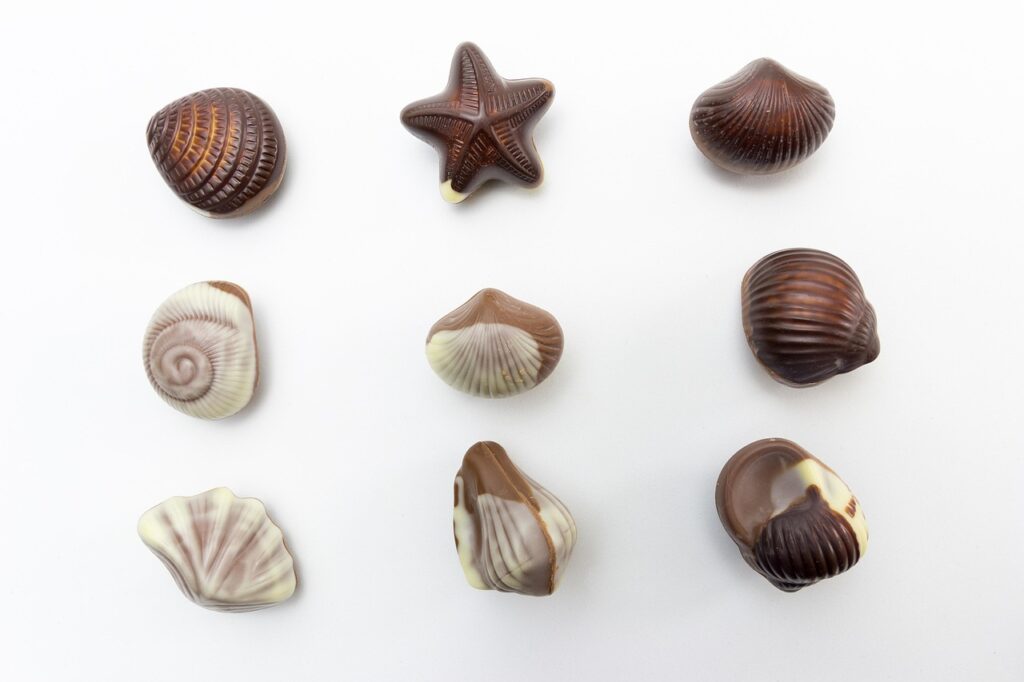
2. **Montezuma’s: Artisan Ethics with a British Twist** Founded by a dynamic pair of lawyers who pivoted their careers to become chocolate makers, Montezuma’s was established on a robust ethical framework centered on “trading fairly, organically and ecologically.” This foundational commitment underpins every aspect of their operation, from bean sourcing to the final product. One of their most commendable commitments is their proud declaration of being 100% palm oil-free. This is a significant stand in the industry, as palm oil is frequently employed as an inexpensive emulsifier, despite its production being a leading cause of deforestation and devastating habitat destruction, particularly for critically endangered orangutans. By shunning palm oil, Montezuma’s directly contributes to vital environmental preservation efforts.
Furthermore, Montezuma’s is deeply committed to ensuring that their cocoa is sourced from sustainable, deforestation-free farms. This dedication extends to guaranteeing that the growers are paid a living wage, moving beyond the minimums often associated with standard certifications. This holistic approach to ethical sourcing—encompassing fair compensation, environmental protection, and a clear stance against harmful ingredients—demonstrates their comprehensive understanding of what truly ethical chocolate entails. Their commitment reflects a growing consumer demand for brands that prioritize both social equity and ecological responsibility, aligning with the core principles of the ethical chocolate movement.
Our tasting notes reveal that Montezuma’s is celebrated for its quirky and often adventurous flavor combinations, which distinguish it from more traditional chocolate offerings. Their inventiveness extends to an excellent dairy-free range, aptly named “Like No Udder,” catering to a diverse array of dietary preferences without compromising on taste or quality. The chocolate itself delivers a rich, complex flavor profile that speaks volumes about the superior quality of the beans they meticulously select. This complexity is not just a treat for the palate but a testament to the care taken at every stage of their bean-to-bar journey.
In terms of sustainability, Montezuma’s truly excels, boasting 100% recyclable, compostable, or biodegradable packaging. This level of dedication to reducing environmental impact through innovative packaging solutions positions them as a leader in sustainable practices within the chocolate industry, addressing the significant issue of packaging waste. While some of their more unusual flavor combinations might not appeal to every palate, their unwavering ethical stance, combined with their commitment to pure ingredients and sustainable practices, makes Montezuma’s an exemplary choice for the discerning, ethically-minded chocolate connoisseur.

3. **Divine Chocolate: Co-Owned by Cocoa Farmers** Divine Chocolate stands out as a truly exceptional brand, pioneering a revolutionary model within the Fairtrade chocolate industry: it is the only Fairtrade chocolate company that is co-owned by the cocoa farmers themselves. This innovative structure sees the Kuapa Kokoo cooperative in Ghana holding a significant 45% stake in the company. This isn’t merely a symbolic gesture; it means that the farmers, who are at the very heart of the chocolate-making process, directly receive a share of the profits. This direct ownership model empowers farmers by giving them a substantial voice and influence in the industry, fundamentally shifting the power dynamic from distant corporations to the communities that cultivate the cocoa.
This groundbreaking co-ownership model directly addresses the core issue of farmer poverty in the chocolate industry. By ensuring farmers receive both a minimum price for their cocoa and a Fairtrade Premium—which farming communities can collectively invest in vital projects like schools and healthcare—Divine Chocolate maximizes the positive impact on local economies and social well-being. This investment in community infrastructure creates a powerful ripple effect, fostering sustainable development and breaking cycles of dependency. It is an embodiment of true partnership, moving beyond transactional relationships to genuine collaborative empowerment, making them a significant ethical leader, and a certified B Corp.
Our tasting notes confirm Divine’s reputation for producing “famously smooth and creamy chocolate.” Their 70% dark chocolate is a classic, offering a perfectly balanced flavor profile that is rich without being excessively bitter, making it an ideal everyday ethical indulgence. This consistent quality, combined with the profound ethical foundation of their operations, ensures that every bite is not only a pleasure for the senses but also a conscious choice to support a more equitable world. The smooth texture is a hallmark of their careful processing, ensuring a delightful mouthfeel that appeals to a wide range of chocolate lovers.
Beyond their innovative farmer-owned model, Divine Chocolate is also a certified B Corp, signifying that they meet rigorous standards of social and environmental performance, accountability, and transparency. This holistic certification reinforces their commitment to ethical business practices across all facets of their operations. Furthermore, the brand actively supports women’s empowerment initiatives within the Kuapa Kokoo cooperative, recognizing the critical role women play in cocoa farming communities. While their flavor range tends to be more traditional compared to some artisan brands that experiment with more unusual combinations, Divine Chocolate’s pioneering approach to farmer co-ownership and its comprehensive ethical commitments make it an unparalleled choice for consumers who prioritize social justice and direct farmer empowerment.
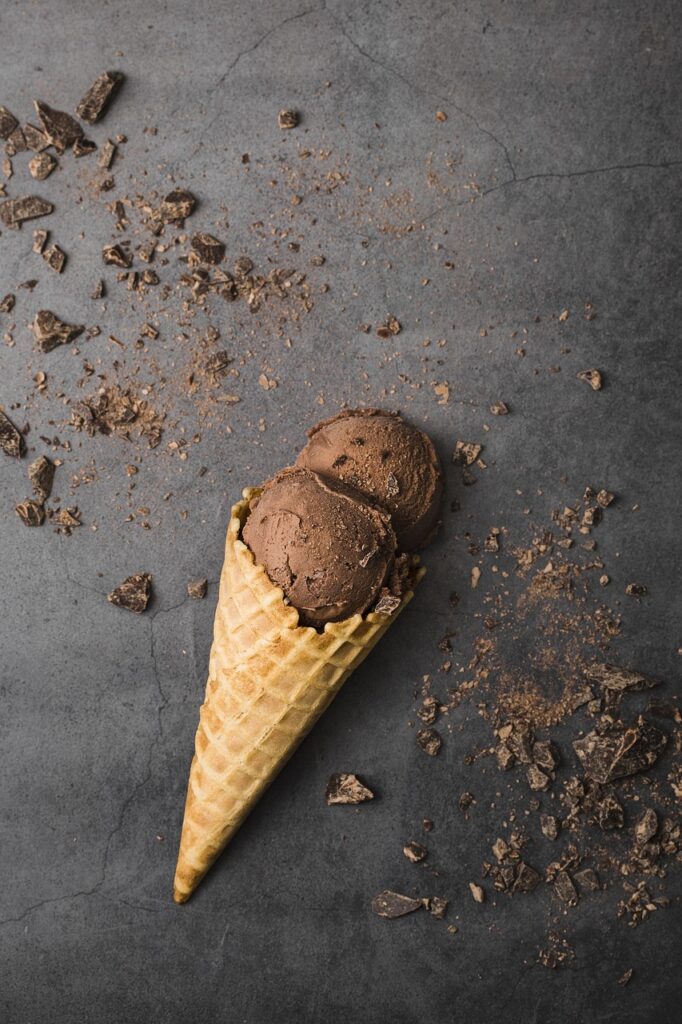
4. **Willie’s Cacao: Bean-to-Bar Transparency** Willie Harcourt-Cooze is truly a trailblazer in the world of chocolate, having established Willie’s Cacao as a beacon of bean-to-bar purity. His philosophy revolves around meticulous sourcing from single estates, specifically seeking out rare heirloom varieties of cacao beans. These heritage beans often possess inherent resilience and superior genetic qualities that necessitate fewer pesticides for successful cultivation, thus contributing to cleaner, more natural farming practices and enhanced biodiversity. This deliberate choice of beans is a testament to his dedication to quality and environmental stewardship right from the very genesis of the chocolate.
Rather than adhering to standard Fairtrade certification, Willie’s Cacao employs a direct trade model. This approach involves purchasing beans directly from farmers, effectively bypassing intermediaries and allowing them to pay a significantly higher premium for their exceptional beans. This direct relationship fosters strong, long-term partnerships with farmers, built on trust and mutual respect, and ensures that a greater portion of the value chain benefits the growers. This model exemplifies radical transparency, where the chocolate maker has intimate knowledge of the origin, the farmers, and the specific conditions under which the beans are grown, ensuring full accountability and empowering the farming communities directly.
Our tasting notes unequivocally place Willie’s Cacao as chocolate crafted for the true connoisseur. The single-estate bars are a revelation, offering a unique opportunity to taste the distinct “terroir” of different regions, much akin to appreciating the subtle nuances in fine wines. This ability to discern the specific characteristics imparted by the soil, climate, and cultivation methods of each origin is a hallmark of truly exceptional chocolate. While their 100% cacao bar offers an intense, unadulterated pure experience for the adventurous palate, their milk chocolate offerings are also exceptionally good, demonstrating versatility in craftsmanship.
The brand’s dedication to incredible flavor complexity and total transparency in sourcing truly sets it apart. Willie Harcourt-Cooze’s commitment to high-quality heirloom beans is a driving force behind the unparalleled taste and ethical integrity of his products. However, the intense, pure flavors, which are a direct result of this dedication to unadulterated cacao, might be a more acquired taste for those accustomed to the sweeter, often more heavily processed mass-market chocolates. For those ready to embark on a sophisticated flavor journey and appreciate the profound impact of direct, transparent sourcing, Willie’s Cacao offers an unforgettable and deeply ethical experience.

5. **Seed and Bean: Organic and Fairly Traded Excellence** For consumers seeking a brand that meticulously ticks all the crucial boxes of ethical and clean chocolate, Seed and Bean emerges as a prime contender. Their unwavering commitment to using 100% organic ingredients ensures that their chocolate is free from synthetic pesticides and fertilizers, protecting both the environment and the health of the consumers. This organic certification is a foundational pillar of their purity, aligning with the growing demand for food products that are as close to their natural source as possible.
Beyond organic purity, Seed and Bean is almost entirely Fairtrade certified, reflecting their deep commitment to social equity. This certification guarantees a minimum price for cocoa farmers and provides an additional Fairtrade Premium, which communities can invest in their own development projects. This dual commitment to organic ingredients and Fairtrade principles ensures that their chocolate not only tastes good but also does good, supporting sustainable farming practices and equitable trade relationships that empower cocoa-growing communities.
Perhaps one of Seed and Bean’s most remarkable achievements lies in its packaging sustainability—a true dream for environmentalists. The brand utilizes innovative solutions, such as an inner foil made from eucalyptus pulp, which is fully home-compostable. This forward-thinking approach to packaging significantly reduces environmental impact and addresses the often-overlooked issue of chocolate wrapper waste. This holistic dedication, from ingredients to packaging, positions Seed and Bean as a leader in comprehensive sustainability within the ethical chocolate landscape.
Our tasting notes highlight Seed and Bean as a brand where flavor truly gets exciting and adventurous. They boldly experiment with unique and sophisticated combinations that captivate the palate. We’re talking about intriguing creations such as Sea Salt & Lime, the beautifully aromatic Lemon & Cardamom, and a wonderfully fragrant Lavender bar. These aren’t just novelties; they are expertly crafted flavors that demonstrate a deep understanding of cacao pairing. The chocolate is produced in small, 45-liter batches, a method that allows for meticulous quality control and a discernible focus on premium craftsmanship, which is evident in every bite.
While their smaller batch production might occasionally affect the availability of specific flavors, this very approach underscores their dedication to quality over quantity. The brand’s fully compostable wrappers, 100% organic ingredients, and adventurous yet delicious flavors solidify its reputation as a standout ethical chocolate choice. Seed and Bean proves that it is entirely possible to enjoy an exciting and diverse range of chocolate experiences while upholding the highest standards of ethical sourcing and environmental responsibility.

6. **Doisy & Dam: Vegan, Ethical, and Delicious** Doisy & Dam presents itself as a modern, vibrant brand that marries contemporary appeal with a profoundly serious ethical commitment. As a registered B Corp, the company has undergone rigorous assessment to ensure it meets high standards of social and environmental performance, accountability, and transparency. This certification is a strong indicator of their overarching dedication to ethical business practices, extending beyond individual products to encompass their entire organizational ethos.
A key distinguishing feature of Doisy & Dam is their entirely vegan chocolate range, catering to the growing market of consumers seeking plant-based indulgences without compromise. This commitment to veganism is coupled with a strong ethical sourcing strategy: they procure their cocoa from a single, dedicated supplier in Colombia, Luker Chocolate. This direct and focused sourcing model ensures that the farmers within this supply chain are provided with stable, secure wages, fostering economic stability and well-being in the cocoa-growing communities. This approach underscores their belief that ethical chocolate should be both inclusive and impactful.
Our tasting notes confirm that Doisy & Dam’s chocolate is indeed classified among the top 8% of the world’s finest, a testament to the exceptional quality of their beans and their meticulous craftsmanship. This high standard is reflected in their flavor offerings, which are fun and modern, ranging from delightful nutter cups to luxurious truffles. The chocolate boasts a wonderfully smooth texture, a hallmark of expertly processed cacao, and delivers a rich taste that is satisfying without ever being overwhelming. This balance of richness and smoothness makes their chocolate incredibly palatable and enjoyable for a wide audience.
The brand’s entirely vegan range and B Corp certification are powerful advantages for consumers prioritizing both ethical sourcing and dietary preferences. Their single-origin sourcing from a high-impact supplier like Luker Chocolate further reinforces their commitment to transparent and responsible practices. While the brand’s very bright and modern branding might not resonate with those who prefer a more traditional aesthetic, its innovative flavors, commitment to veganism, and robust ethical framework make Doisy & Dam a compelling and delicious choice for the conscious chocolate lover. They exemplify how ethical chocolate can be both deeply responsible and utterly enjoyable.

7. **Chocolate and Love: Raw, Organic, and Sustainable**This family-run business embodies a truly holistic approach to ethical chocolate, establishing itself as a powerhouse of responsible practices. Chocolate and Love produces award-winning, 100% organic and Fairtrade certified chocolate. They directly purchase cocoa from cooperatives across Panama, Peru, the Dominican Republic, and Madagascar, fostering relationships that uplift farming communities.
Their dedication to the environment is particularly noteworthy. This brand has undertaken significant reforestation efforts, planting thousands of trees as part of their unwavering commitment to ecological restoration and sustainability. This proactive stance tangibly contributes to reversing environmental degradation in cocoa-growing regions, addressing the urgent global need to combat deforestation.
From a sensory perspective, the quality of Chocolate and Love’s bars is truly exceptional, reflecting meticulous attention to detail. Our tasting team notes a clean, satisfying snap, indicative of expertly tempered chocolate, followed by a complex flavor profile that unfurls gracefully and lingers beautifully. Their packaging—FSC-certified paper and a fully compostable inner wrapper—further minimizes environmental impact, offering a guilt-free unwrapping experience.
It is genuinely challenging to identify any significant drawbacks, making them a true all-star in the ethical chocolate universe. Their blend of powerful ethical sourcing, profound environmental commitment, and an award-winning flavor experience makes them an exemplary choice for discerning consumers who refuse to compromise on either taste or values.
8. **Raw Chocolate Company: Pure and Minimalist**For those prioritizing health alongside ethics, the Raw Chocolate Company offers an innovative and compelling option. This brand champions a minimalist philosophy, crafting chocolate using cacao sun-dried rather than roasted, preserving maximum natural nutrients. This delivers a wholesome and exceptionally flavorful product, aligning with a natural foods ethos.
Their entire product range proudly adheres to vegan, organic, and truly clean standards, entirely free from refined sugar and controversial palm oil. This comprehensive purity makes it ideal for health-conscious consumers and those with specific dietary preferences, providing a guilt-free indulgence that supports diverse dietary needs.
The unique “raw” process yields a distinctive texture. Our tasting panel notes an incredibly smooth mouthfeel, achieved by grinding the cacao three times longer than typical. Beyond texture, the flavor profile is individualistic, notably fruity and less intense than roasted chocolate, offering a different yet delightful experience.
While this unique flavor might depart from sweeter mass-market options, it’s a rewarding journey for explorers. The Raw Chocolate Company redefines our expectations of chocolate, showing how ethical, pure ingredients, combined with innovative processing, create a truly nutrient-rich and delicious alternative.
9. **Booja-Booja: Dairy-Free and Deeply Ethical**When craving truly decadent, luxurious truffles, Booja-Booja delivers an unparalleled experience. This remarkable brand offers an entire range of organic, vegan, and wonderfully inclusive creations, meticulously crafted to be free from dairy, gluten, and soy, ensuring exquisite indulgence for everyone.
While Booja-Booja may not carry official Fairtrade certification, their dedication to ethical sourcing is strong and deeply embedded. They uphold this through long-standing, trusting relationships with suppliers, ensuring fair and equitable trading practices are maintained throughout their supply chain, emphasizing direct, respectful partnerships.
The tasting experience of Booja-Booja truffles is pure magic, characterized by an unbelievably smooth and exquisitely melty texture. Their Almond Salted Caramel truffles are lauded as a transcendent experience, showcasing perfect harmony of sweet, salty, and rich flavors. These culinary delights are ideal for special occasions or thoughtful gifts.
Despite the absence of a formal Fairtrade label, Booja-Booja’s proven ethical trading, combined with award-winning taste and allergen-free credentials, solidifies their top-tier standing. For consumers seeking indulgent, ethically minded, and universally appealing treats, Booja-Booja delivers an experience that is both delightful and responsible.

10. **Paccari: Amazonian Origins with Ethical Roots**For the pinnacle of ethical chocolate, Paccari, an Ecuadorian family-owned company, redefines “tree-to-bar” and “value added at source.” This groundbreaking pioneer ensures 50% of profits remain within Ecuador, fostering sustainable development and prosperity in the cacao-growing country.
Paccari far exceeds standard ethical benchmarks, paying cacao farmers a premium well above Fairtrade prices. Their dedication to sustainability is further exemplified by being 100% organic and pioneering biodynamic farming, treating the farm as a single, self-sustaining organism. They actively plant a tree for every bar sold online, underscoring proactive reforestation.
Our expert tasting notes confirm Paccari produces some of the finest chocolate globally. Their single-region bars are a revelation, showcasing the incredible diversity and distinct “terroir” of Ecuadorian cacao. Each bar unveils deep, nuanced, and truly unforgettable flavors, a testament to superior heirloom beans and masterful craftsmanship.
While Paccari’s exceptional quality and profound ethical impact result in a higher price and occasional scarcity, they represent an unparalleled investment. For those committed to world-class flavor while supporting a model that retains wealth in the origin country and champions biodynamic practices, Paccari is an indispensable choice and a beacon of hope.

11. **Alter Eco: Carbon-Neutral and Regenerative Farming**Alter Eco distinguishes itself with an expansive vision, integrating environmental responsibility into every facet of its operations. Their unwavering focus on regenerative agriculture is a powerful strategy against climate change, aiming to actively improve ecosystem health. This commitment is complemented by their proud status as a carbon-neutral company, effectively offsetting emissions throughout their supply chain.
The brand’s ethical sourcing is fortified by comprehensive certifications: all chocolate is Fairtrade certified, organic, and notably, free from soy and gluten. This multi-layered approach ensures both social equity for farmers, guaranteeing fair prices, and purity for consumers seeking clean, allergen-friendly ingredients. These robust assurances underpin their commitment to people and planet.
Our tasting team finds Alter Eco’s flavor offerings consistently engaging and exceptionally crafted. Their Deep Dark Salted Burnt Caramel bar, for instance, is a textural delight, combining smooth dark chocolate with addictive, crunchy salted caramel pieces. This captivating contrast satisfies, while convenient bite-sized truffle forms are perfect for mindful indulgence.
While Alter Eco demonstrates exemplary commitment, a discerning eye, as noted by the Sierra Club, reveals slight variations in packaging sustainability across their range. Consumers are encouraged to check individual labels for compostable solutions. This nuance does not detract from their overarching leadership in promoting regenerative, carbon-neutral, and ethically sourced chocolate.

12. **Taza Chocolate: Stone-Ground and Transparent Sourcing**Hailing from Massachusetts, Taza Chocolate stands as a distinctive American brand, celebrated for its unique, minimally processed stone-ground chocolate. This artisanal approach is deeply inspired by traditional Mexican techniques, giving Taza’s products an authentic character. Their ethical commitment is top-notch, bolstered by a robust Direct Trade program and an exemplary annual transparency report.
The hallmark of Taza’s chocolate is its signature stone-ground texture—a rustic, slightly gritty mouthfeel that is entirely intentional and wonderfully distinctive. Far from being a flaw, this unique characteristic allows the bold, unadulterated flavors of the cacao to shine through with intensity and honesty that smooth, heavily conched chocolates often mask. It offers a profound textural experience.
Taza’s Direct Trade program is a paradigm of transparency and accountability, directly connecting them with farmers who grow their USDA Organic certified cacao. This model ensures a fair price is paid directly to growers, fostering strong, equitable partnerships. Their annual transparency report openly details sourcing practices, providing unparalleled insight into their chocolate’s journey and building profound trust.
While Taza’s rustic texture might initially surprise those accustomed to super-smooth, European-style bars, it quickly becomes an appreciated characteristic for connoisseurs seeking authenticity and intense cacao expression. Taza Chocolate brilliantly marries traditional techniques with cutting-edge ethical standards, offering an unforgettable and deeply responsible chocolate experience that stands proudly apart.
💡 **How Ethical Chocolate Impacts Cocoa Farmers and Communities**
So, what happens when you choose a bar from the list above instead of a mass-market one? The impact is enormous.
When farmers are paid a fair, living wage, it creates a ripple effect. They can afford to send their children to school instead of to work on the farm. They can invest in better farming tools and techniques, which improves the quality of their cocoa and protects the environment.
The Fairtrade and community premiums paid by brands like Divine and Tony’s fund vital infrastructure like wells for clean water, new school buildings, and medical clinics. These investments in community infrastructure create a powerful ripple effect, fostering sustainable development and breaking cycles of dependency.
The “Value Added at Source” model championed by brands like Paccari goes even further. By keeping manufacturing jobs and profits within the cocoa-growing country, it helps build a more resilient and prosperous local economy, breaking the cycle of dependency on exporting raw materials. It’s a powerful shift from charity to economic empowerment, demonstrating true collaborative partnership.
🌿 **Environmental Benefits of Choosing Clean and Ethical Chocolate**
Your choice also has a profound impact on the planet. The conventional chocolate industry is a major driver of deforestation, particularly in Ghana and Ivory Coast, where, as the featured video points out, 94% and 80% of forests have been lost in the last 60 years, respectively.
Here’s how ethical brands are turning the tide:
Agroforestry: Instead of clearing forests, ethical farms often practice agroforestry, where cacao trees are grown in the shade of other native trees. This creates a biodiverse habitat for animals and naturally enriches the soil, contributing to ecosystem health.
Organic Farming: By avoiding synthetic pesticides and fertilizers, brands like Seed and Bean and Chocolate and Love protect local waterways from chemical runoff and ensure the health of both the farmers and the surrounding ecosystem. This commitment safeguards delicate environmental balances.
Reforestation: Many brands actively work to reverse the damage. Chocolate and Love has planted over 28,000 trees, while Paccari plants a tree for every bar sold online. This is a commitment that goes beyond simply “doing no harm” to actively healing the planet and restoring vital ecological functions.
**Conclusion: Why Choosing Clean and Ethical Chocolate Matters**
As our journey through the world of ethical chocolate concludes, it becomes powerfully clear that every bar we choose holds immense power. Moving beyond mere indulgence, selecting clean and ethical chocolate is a conscious act that champions human dignity, environmental stewardship, and exceptional flavor. These twelve brands demonstrate that truly delicious chocolate can, and must, be created without compromising the well-being of people or the planet.
By supporting these pioneers—from those fighting modern slavery to those practicing regenerative agriculture—we invest in a future where cocoa farmers earn a living wage, forests thrive, and our palates are enriched by pure, unadulterated cacao. The narrative of chocolate is evolving, and with each mindful bite, we become active participants in shaping a more just, sustainable, and utterly delicious world. Let your next chocolate moment be a powerful statement for positive change.

